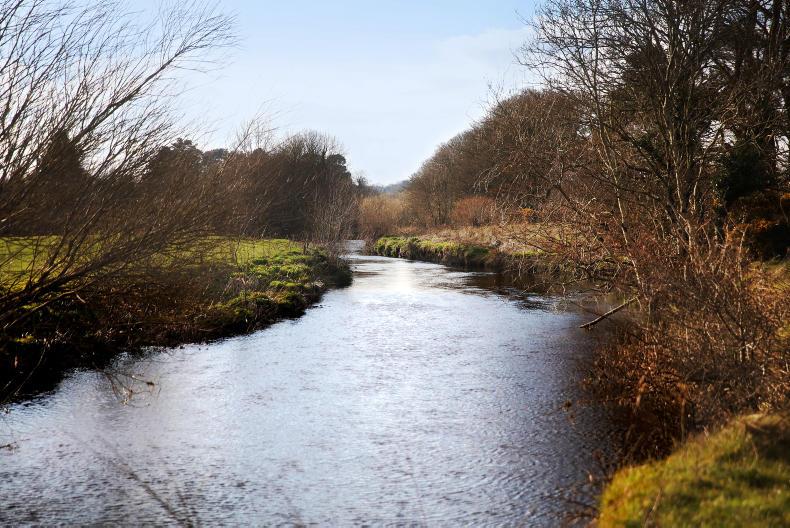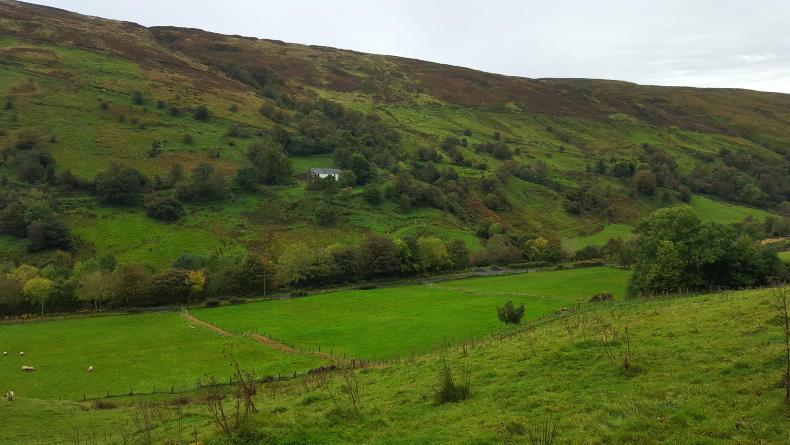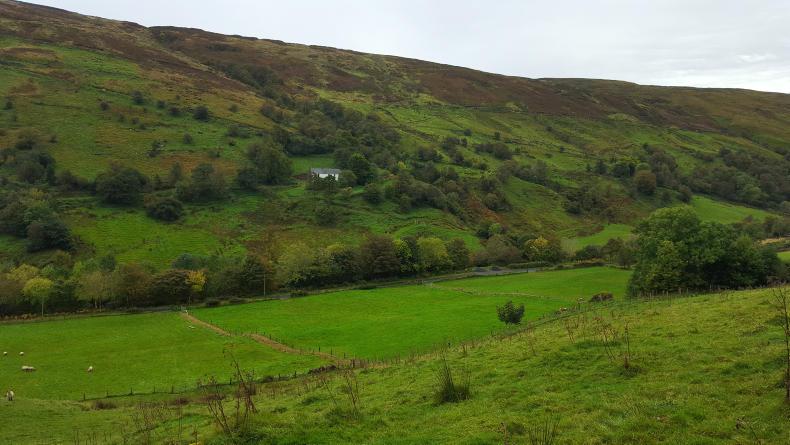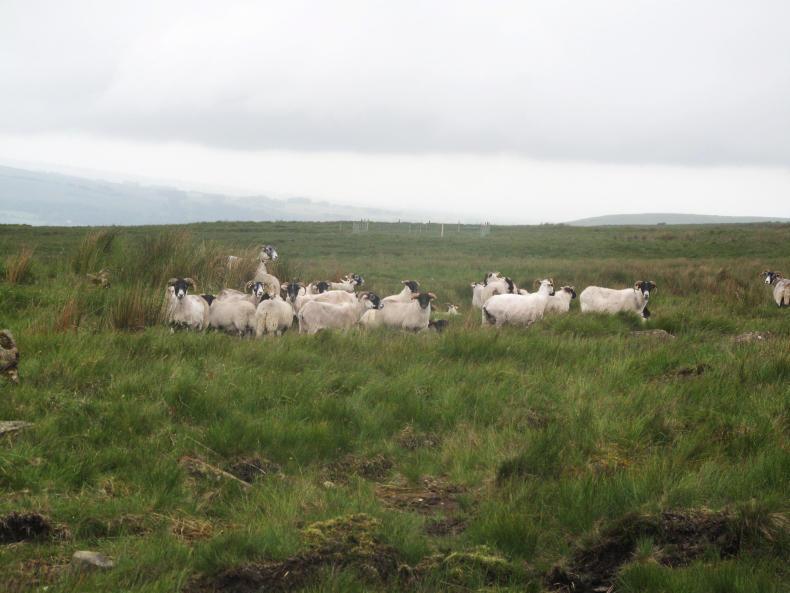All eligible applicants to the wider level of the Environmental Farming Scheme (EFS) will be accepted on to the scheme and will have agreements starting in July.
On enquiry, a DAERA spokesperson said that the 1,435 wider-level applications received in March are still being processed and that agreements would be issued this month. “All valid wider-level applications will be offered an agreement,” the spokesperson confirmed.
Meanwhile, applicants to the higher level of the EFS, for land in environmentally designated areas, have received notification from the department this week on the success, or otherwise, of their application.
Overall, 422 of the 926 applications received have been accepted. The next stage for these higher-level applicants is to contact an environmental planner to draw up a site specific Remedial Management Plan (ssRMP).
“When approved by DAERA, the ssRMP will form the basis of their EFS agreement, which will start on 1 January 2018,” the department spokesperson said.
DAERA has published on its website (www.daera-ni.gov.uk) details of 27 environmental planners that have undergone training for designing management plans. Planners contacted by the Irish Farmers Journal this week said that they have started receiving calls from farmers looking to get land surveyed and plans in place.
The fee for this service is to be agreed between the planner and farmer. The planner is then paid by the farmer and it is understood that DAERA will aim to reimburse farmers within two weeks of the plan being approved.
Fees will only be refunded up to 20% of the agreement value (total EFS payments over five years) and other limits based on the size of the site and hourly rates also apply.
Some planners have said that they initially intend giving farmers a general overview of the likely management actions required for the scheme.
This is to avoid a farmer deciding not to proceed with the scheme after a plan has been made, as DAERA would not reimburse fees, meaning it would be left between the farmer and planner to sort out.
Actions
Within the higher-level scheme, for moorland classified as both heath and bog, annual EFS payments to farmers for remedial action will be at a rate of £40/ha over the five-years of the scheme. Remedial action could involve grazing at certain stocking rates and not grazing during the winter.
Non-productive investments can also be included in plans which involve one off payments for actions such as scrub control and treatment of bracken.
For example, light scrub control is paid at £979/ha and follow-up treatments are paid at £105/ha.
Only land designated with a status such as Special Areas of Conservation, RAMSAR or Areas of Special Scientific Interest were prioritised for the first tranche of the higher level EFS.
For unsuccessful EFS applicants, DAERA has pointed out that a second tranche for applications to both EFS higher and wider levels is to open next year. Land designated as NI priority habitats is expected be eligible for the higher level in the next tranche.










SHARING OPTIONS